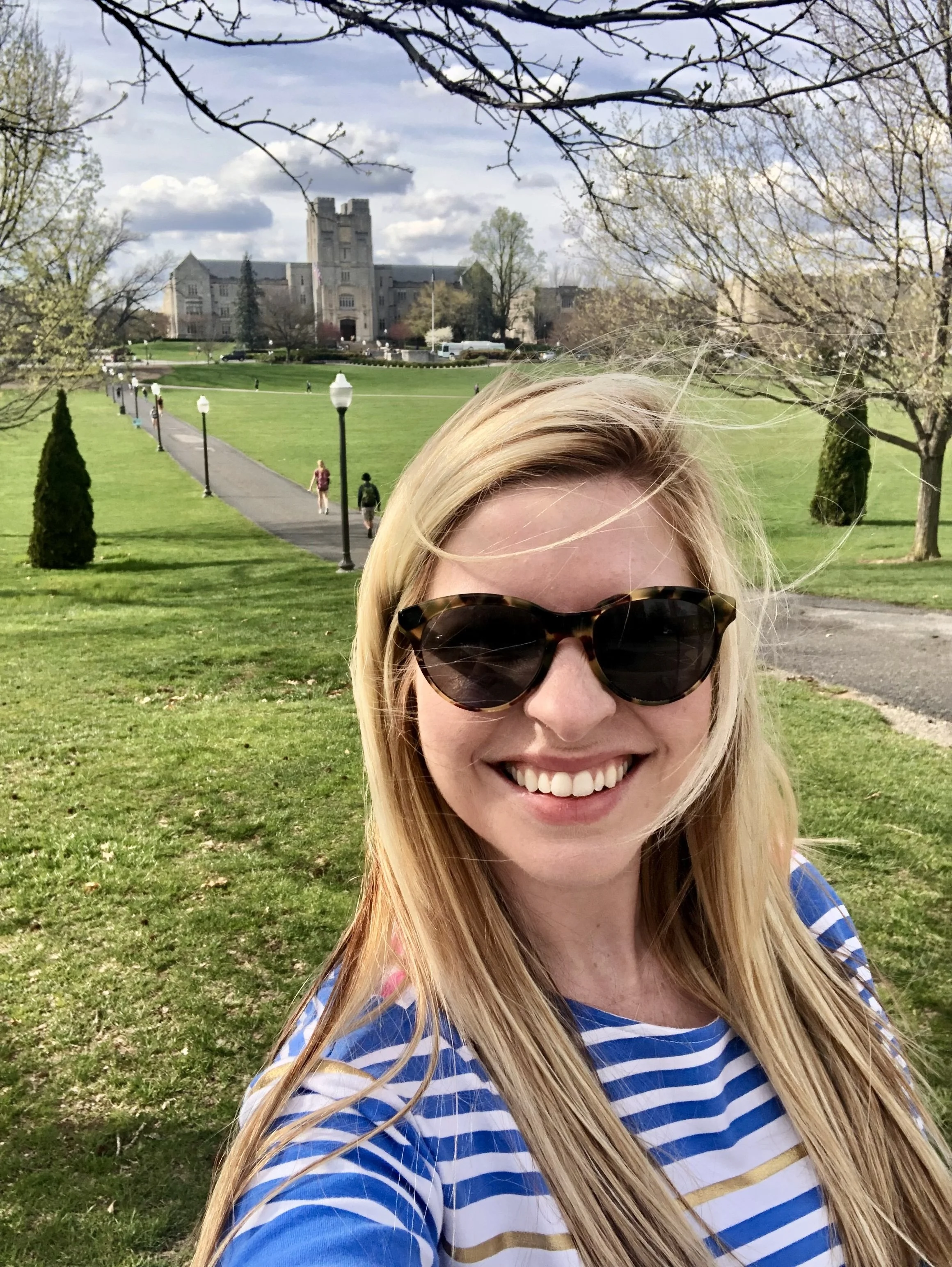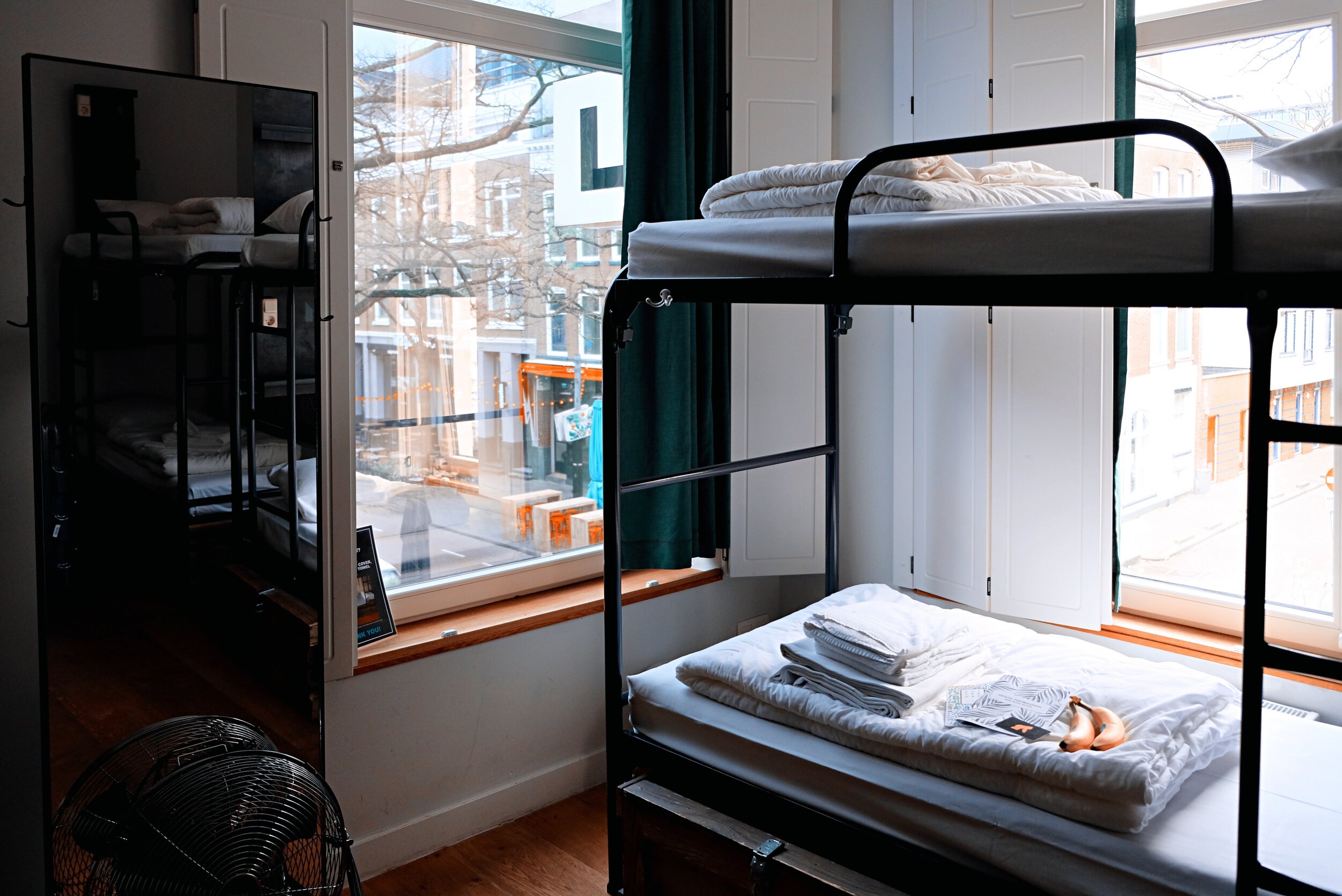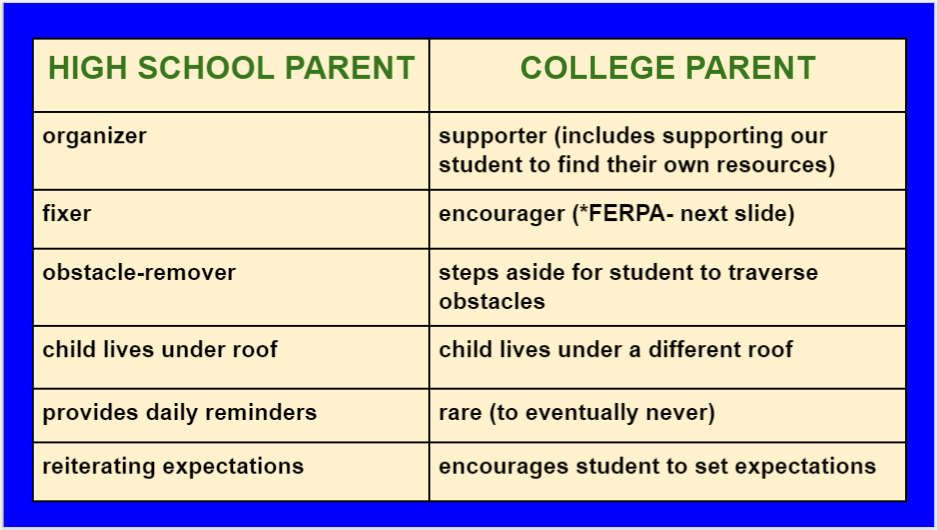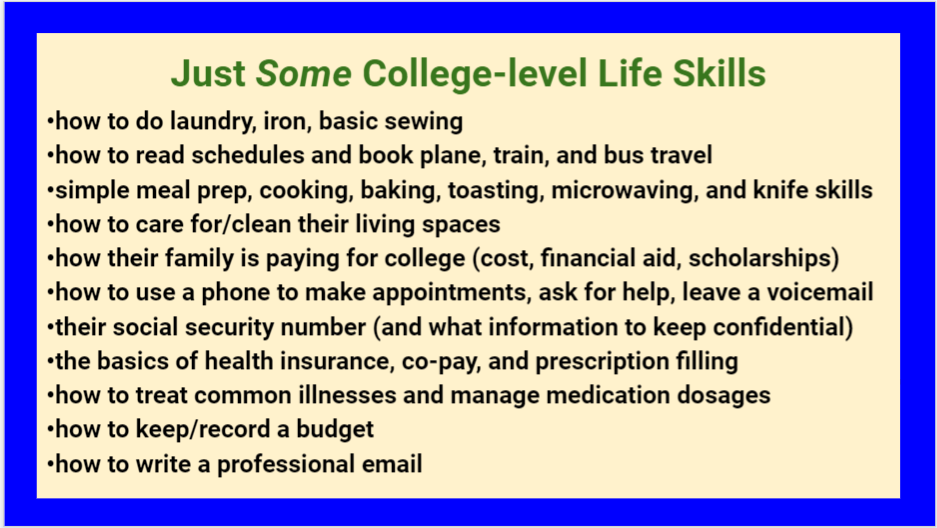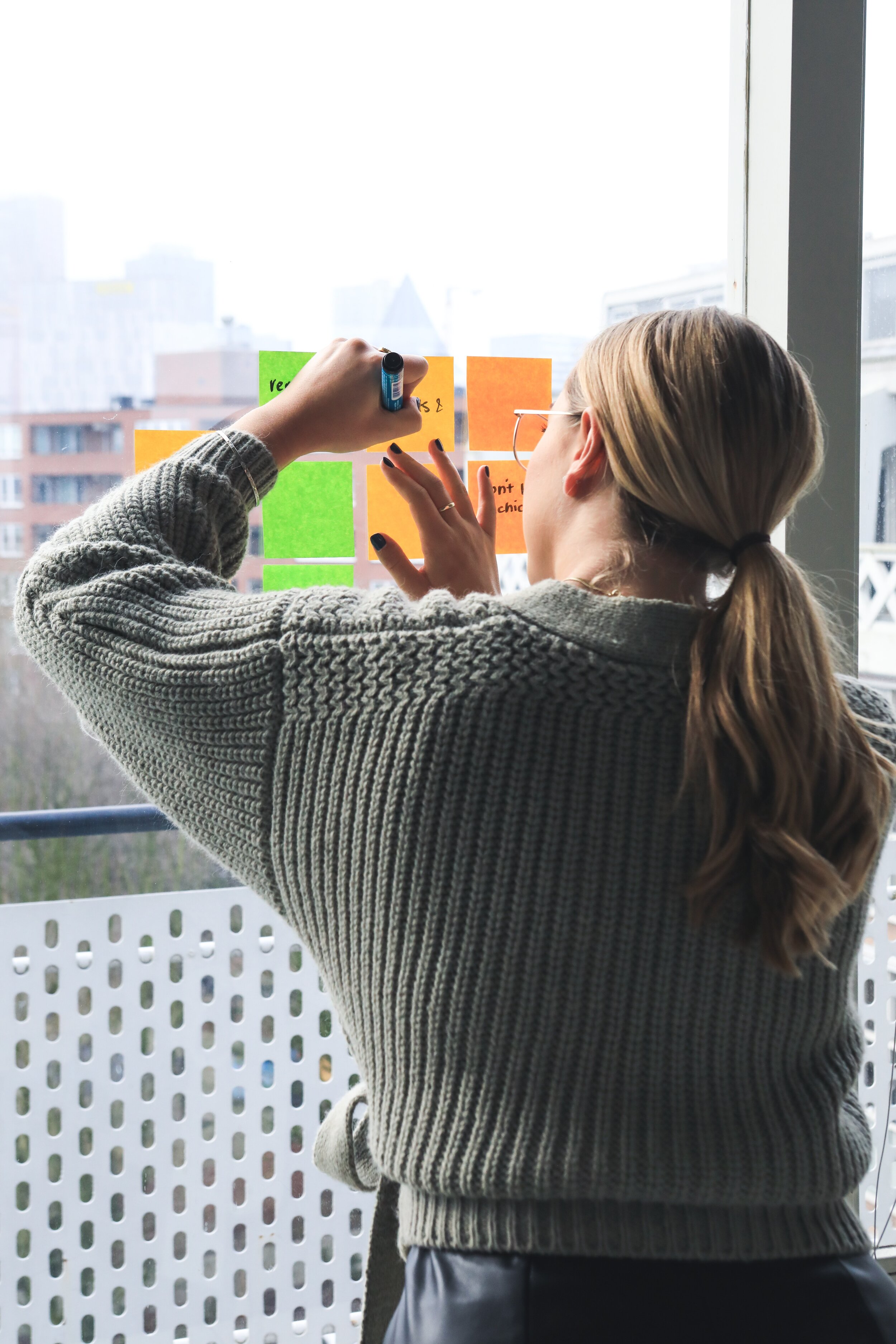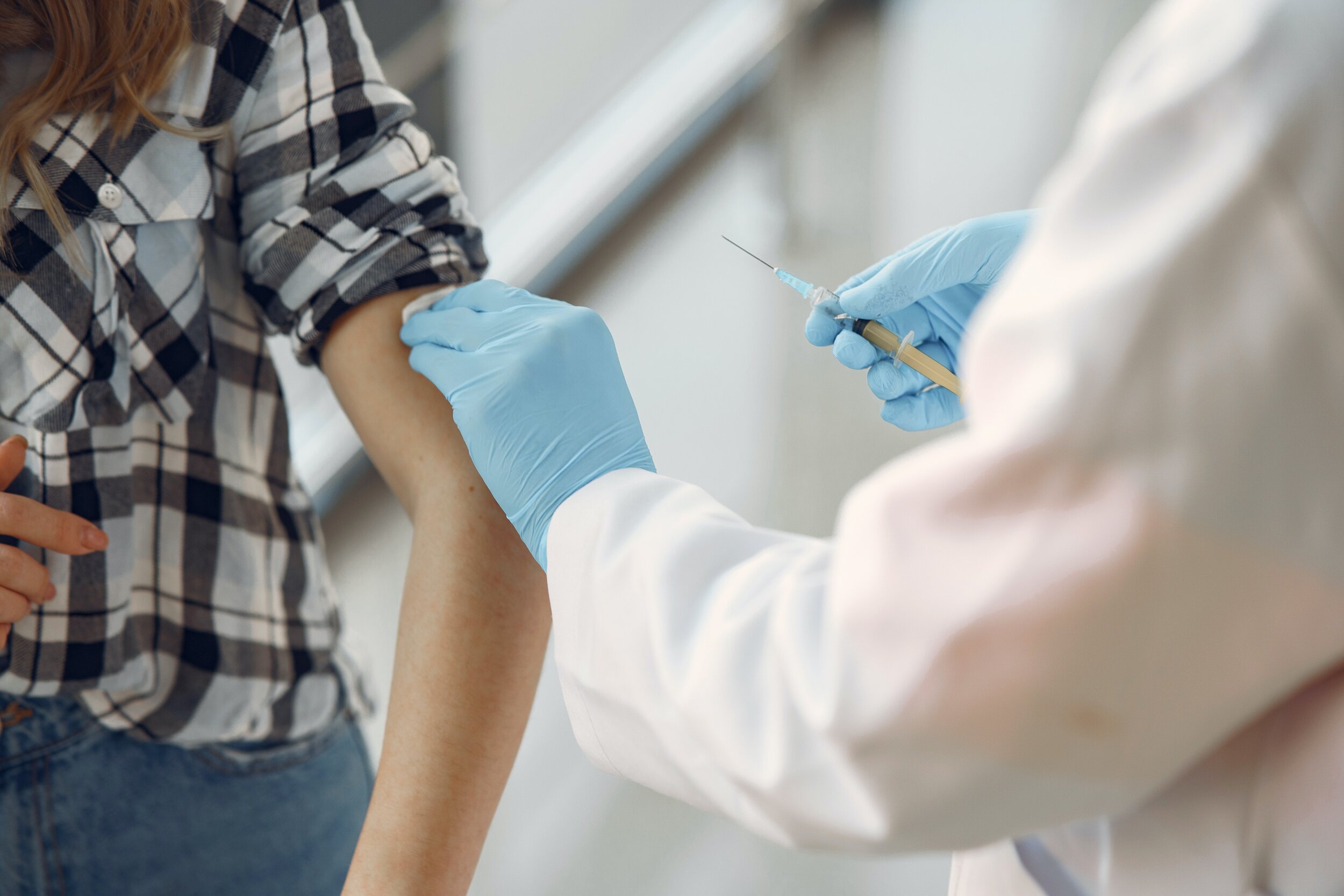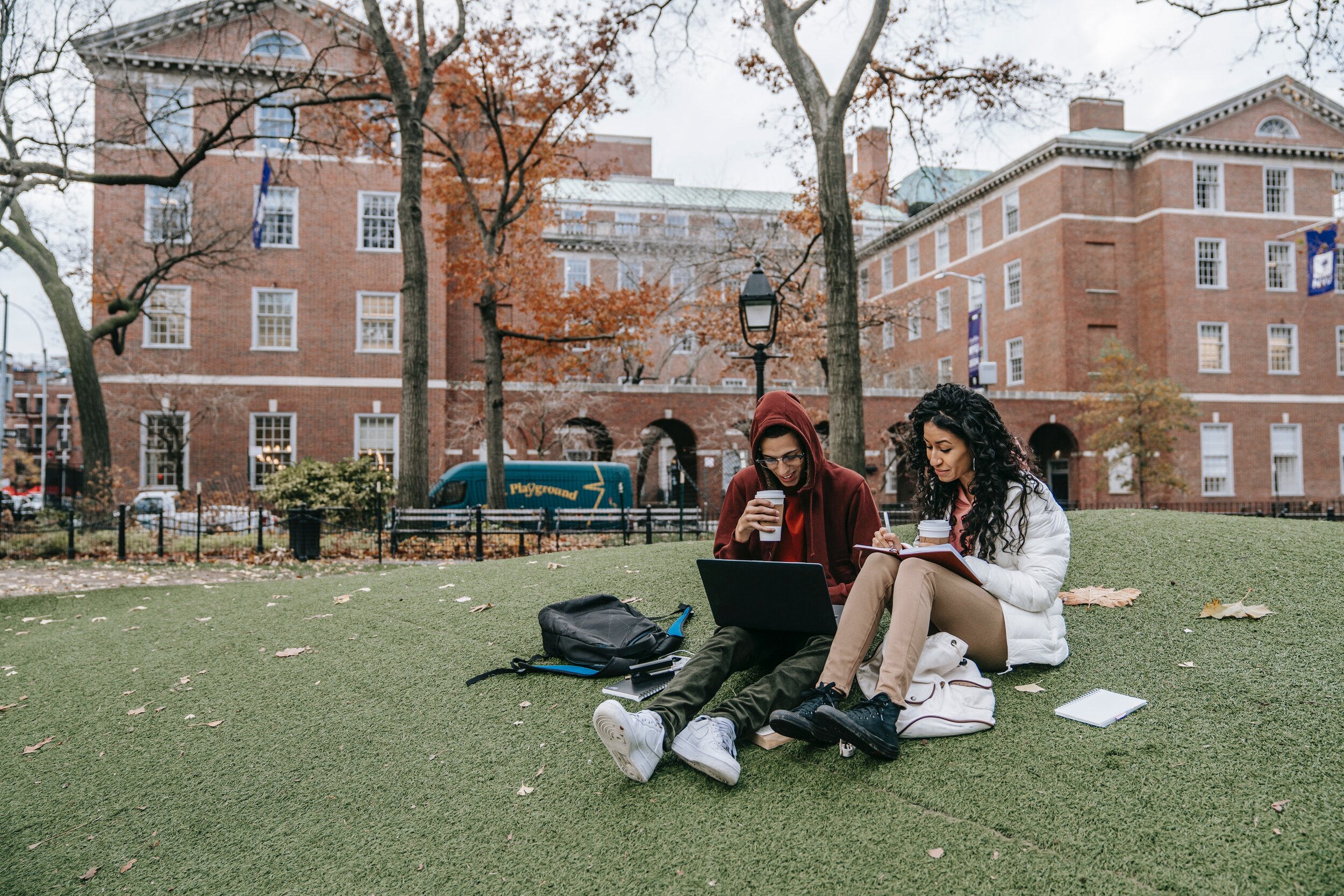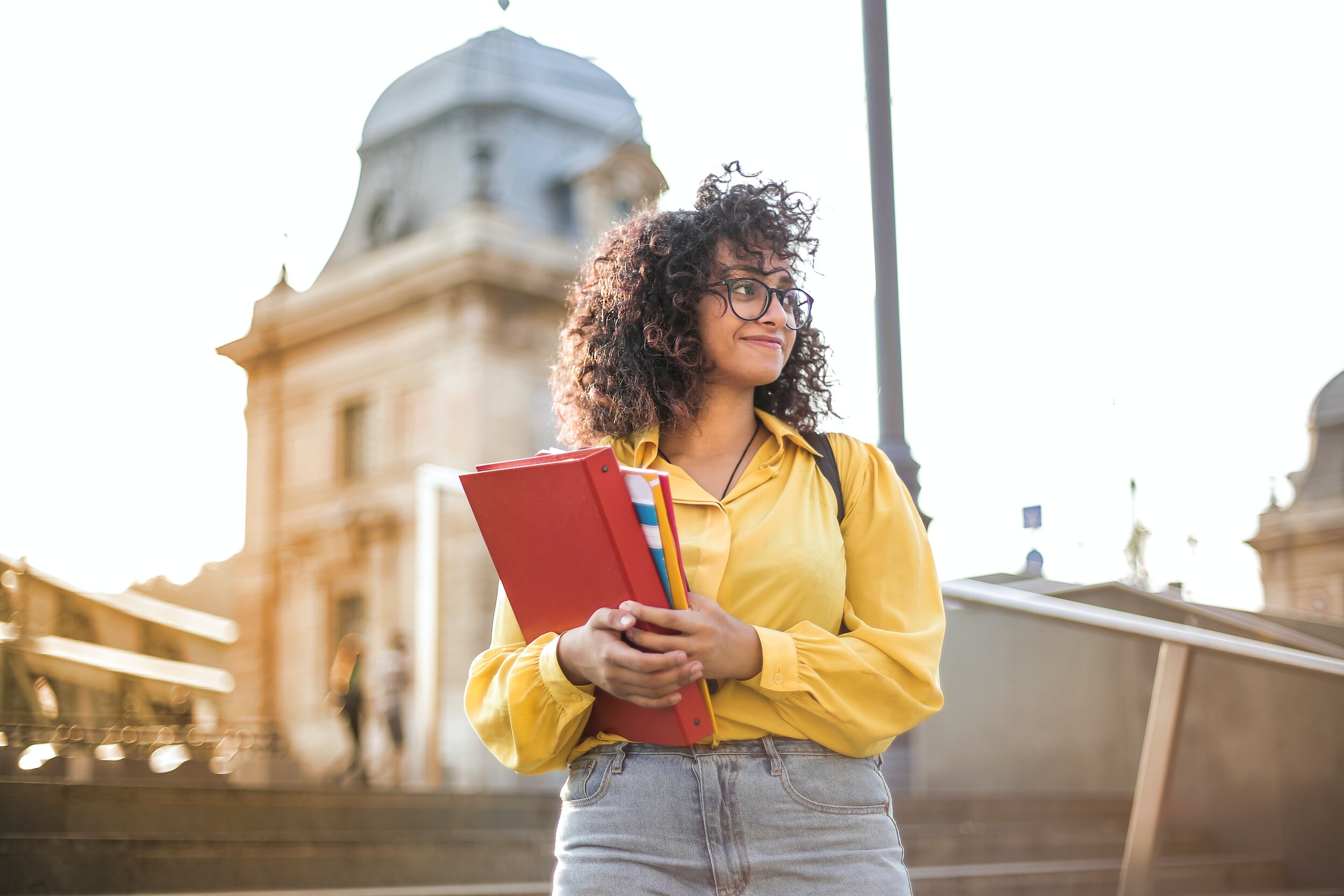How Richmond Handled COVID-!9
So, I know what is on everyone’s mind right now. You’re most likely saying to yourself, “Yeah Tyler, all this sounds wonderful, but does it really matter if you are spending the whole semester in your room or in quarantine?” This is a valid question, but Richmond, in my opinion, did a superb job of handling the COVID-19 pandemic.
A lot of schools in Virginia, as well as across the country, decided that they would only have classes online and have students be confined to their rooms for the majority of their experience at school. While this seemed like the safest option, what schools did not realize was the willingness for their students to break the rules. The whole semester long, I would hear my friends talking about how they would sneak out and break the rules, because the rules were too harsh and restrictive on new freshman. More restraints on students and their freedom on campus tended to breed more rule-breaking and inevitably, more cases of COVID on their college campuses. (Note from Colleen: we heard many, many reports of the same!).
However, this is not what Richmond had in mind. Yes, we could not eat together in the dining hall or gather in large places as a community, but we could have people in our rooms to socialize, and bond freely with our dorm-mates. What Richmond did so well was finding a perfect middle ground. They realized the inevitability of rule-breaking due to excessive restrictions, and allowed students reasonable social opportunities that would limit the number of people to a safe amount while allowing for the students to have somewhat of a normal college experience.
From what I can remember, the most cases we had on campus at a single time was 30, which is considerably less than other schools around the country. I am not saying that the school year wasn’t difficult and that COVID did not put a damper on my college experience, because it definitely did. What I am saying is that Richmond tried their best to preserve the mental health of their student body through socializing at a safe and respectable level, which ultimately made my experience much more bearable during such a difficult and frustrating year.
In Conclusion
I think most college students this year would agree with the statement that going to school, feeling motivated and making friends was very hard. I was lucky because I was able to make some great friends in the form of my hall-mates and my roommate, however, not every student was as lucky as me, and I realize that. No school in the country knew the best way to combat this pandemic, and everyone was simply trying to do their best with what they thought would keep their students and faculty safe.
However, despite all of the hardships faced this year, the University of Richmond did their best to maintain the happiness and mental health of their student population, while continuing their engaging and captivating education through attentive professors and caring faculty members.
The University of Richmond is a special place, and although I have yet to see its full potential in the presence of a normal school year, from what I experienced so far, I can already tell you that Richmond will continue to inspire me to chart my own path and push me to become a greater version of myself. I cannot wait to see what the next three years have in store for me at the University of Richmond!
key takeaways
Juniors may want to reflect on Tyler’s experience and whether it prompts questions of their own for the schools on their list - whether Richmond is in that group or not! We always recommend that students prepare 3-5 questions to ask during admissions interviews or high school visits, so this is a great time to jot some notes down.
Here are a few potential questions that relate to the topics he mentioned:
How did your institution handle academic instruction and student life during the Covid-19 pandemic? OR In your opinion, what were the best and worst decisions your institution made during the Covid-19 pandemic? This question would not be appropriate for an alumni interview, but could be great for an interview held by an upperclassman or admissions officer. While Covid will likely be long gone by the time rising seniors arrive on campus in Fall 2022, the answer may provide insight on the school’s priorities in the midst of a crisis - or perhaps on an ongoing basis!
What is the role of an academic advisor at your institution? How often do academic advisors meet with students? Do students meet with their advisor one-on-one or in small groups? It always baffles me that many medium-to-large schools do not provide one-on-one advising; instead, they have small groups of students meeting with their advisor at once. This is generally not a fact that is advertised to prospective students, so make sure to ask! The answers to these questions will give you an idea of what to expect in terms of individualized attention.
Your institution claims that students can easily double-major or double-minor, but how exactly would that work? Would I have to stay for five years in order to do this? Would someone help me put my schedule together to make sure that I am approaching my course planning in as efficient of a manner as possible? As someone who is working with a number of graduating seniors on their freshman year course registration, I can promise you that this can be a challenge at most schools. There’s a lot to consider, and if it feels easy, you probably aren’t doing it right. So wouldn’t it be great to have help?
Missed a Notification? Check Out Our Recent Posts!








